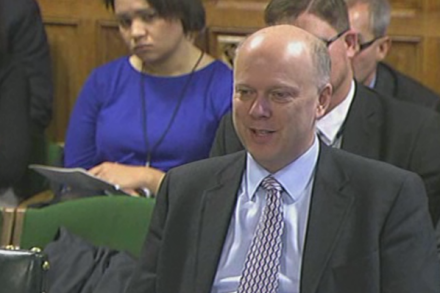Pressure on the editors as Labour threatens own Leveson bill
One of the foundations on which David Cameron based his decision to reject statutory underpinning of press regulation was that editors would set up a new system based on Lord Justice Leveson’s recommendations which would prove far tougher than the Press Complaints Commission. The failure of the industry to reach consensus on a new body – and this is a real risk given the refusal of some publications to join the PCC – would pull the rug from under the Prime Minister’s feet as he fights critics pushing for statute. Cameron is also facing claims that he is bowing to bullies in the press, and it is for these two




















